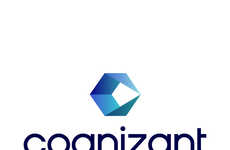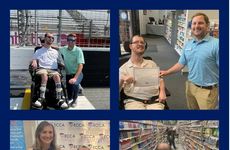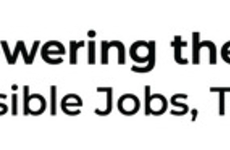
Microsoft’s #BuildFor2030 Initiative Emphasizes Inclusivity
Kalin Ned — February 18, 2025 — Social Good
References: partnerinnovation.microsoft
The #BuildFor2030 Initiative is a global effort aimed at fostering innovation and inclusivity by supporting Microsoft partners who develop solutions that empower individuals with disabilities and promote accessibility. This project highlights the importance of inclusive design and assistive technology, which benefits over one billion people living with disabilities while enhancing productivity and engagement for everyone.
Through the #BuildFor2030 Initiative, Microsoft collaborates with partners who prioritize accessibility and in doing so, the brand is driving advancements in assistive technologies, creating more inclusive workplaces, and addressing mental health needs.
At its core, the project underscores the belief that technology can break down barriers and create opportunities for all while aligning with broader goals of equity and sustainability.
Image Credit: Microsoft
Through the #BuildFor2030 Initiative, Microsoft collaborates with partners who prioritize accessibility and in doing so, the brand is driving advancements in assistive technologies, creating more inclusive workplaces, and addressing mental health needs.
At its core, the project underscores the belief that technology can break down barriers and create opportunities for all while aligning with broader goals of equity and sustainability.
Image Credit: Microsoft
Trend Themes
1. Inclusive Design Focus - Inclusive design is becoming a pivotal focus for businesses looking to innovate by catering to the needs of individuals with disabilities, broadening market reach and societal impact.
2. Assistive Technology Development - The accelerating pace of assistive technology development is opening new avenues for innovation, enhancing both user experience and business efficiency.
3. Mental Health Technology Integration - Implementing mental health-focused technology in workplaces is a growing trend, offering solutions that actively improve employee well-being and productivity.
Industry Implications
1. Technology and Software - The technology and software industry is at the forefront of developing inclusive solutions that integrate seamlessly into everyday life and work environments.
2. Healthcare and Wellness - Healthcare and wellness sectors are rapidly evolving with innovations that incorporate assistive and accessible technologies, redefining health management and therapy.
3. Corporate and Workforce Development - Businesses in corporate and workforce development are increasingly adopting strategies that emphasize inclusivity and accessibility, driving broader societal participation.
4.8
Score
Popularity
Activity
Freshness
























